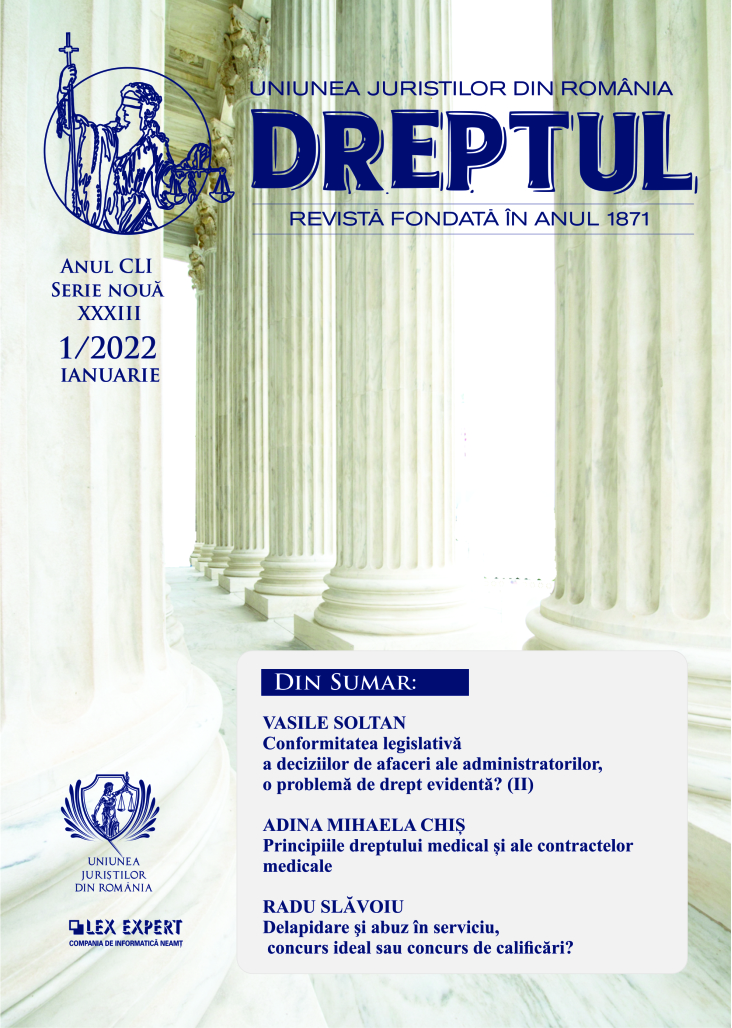Arbitrability is the entry point of arbitration: it identifies those cases which can be settled by way of arbitration and in which the parties can exclude court procedures and state courts. This article examines, in light of the applicable international treaties, the choice-of-law rule that determines the law applicable to arbitrability and, in order to establish this choice-of-law rule, analyzes the purpose of arbitrability. It argues that arbitrability should be conceived as a question of competence and not as a question emerging from public policy. It follows from this thesis that the application of the law of the forum (lex fori), the dominant approach in international treaty law, is not justified and the exclusion of arbitrability is warranted only in cases which belong to the exclusive competence of the courts of or raise real problems of public policy for the forum.


